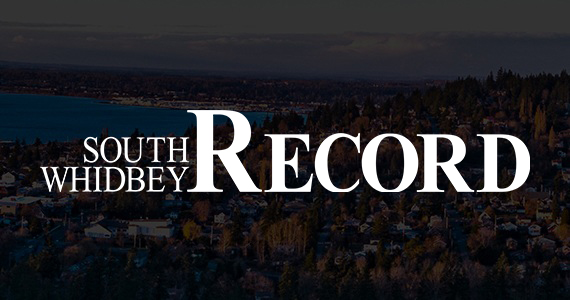Should journalists and news organizations participate in, even sponsor, political debates?
Journalists used to be easy to identify, in life, in the law – heck, even in the movies.
The “Occupy Wall Street” movement and its rapidly spreading urban echoes are – like the Tea Party movement – grand examples of Americans using at least two of our lesser-known First Amendment freedoms: assembly and petition.
The national observance of the tenth anniversary of 9/11 was emotional, overwhelming and likely to overshadow most other observances for a long time. But just a few days later, on 9/17, comes another opportunity to commemorate, celebrate and join with our fellow citizens in remembrance and understanding.
Freedom of speech might logically seem to apply the same way whether the speech takes place on the street corner or on the Internet. But that basic First Amendment premise is as yet unsettled in our new Web world.
Thanks to the First Amendment, I’m free to write these words — and you’re free to read them. But for about 84 percent of the approximately 6.9 billion people with whom we share this planet, that’s not the case. They live in nations where the press is only “partly” free from government control or criminal intimidation, or not free at all.
By now there likely are few Americans who don’t recognize the names of a tiny Topeka, Kan., church and of the family that makes up most of its members – Westboro Baptist Church and the Phelps family.
The national picture for Freedom of Information laws, celebrated during national Sunshine Week (March 13-19), is bit brighter thanks to two recent U.S. Supreme Court decisions and some White House initiatives.
After the U.S. Supreme Court’s Westboro Baptist Church free-speech decision, many online comments critical of the 8-1 ruling did so in speech that also relied on First Amendment protection.
“What’s in a name? That which we call a rose By any other name would smell as sweet.” In Shakespeare’s…

